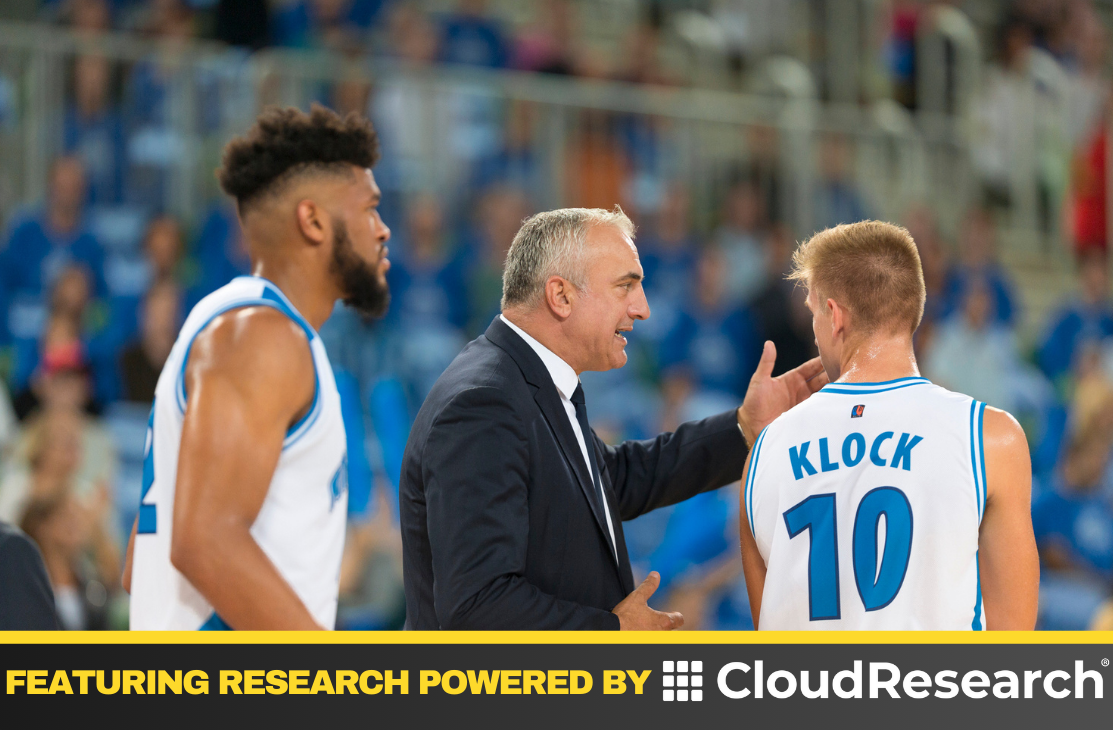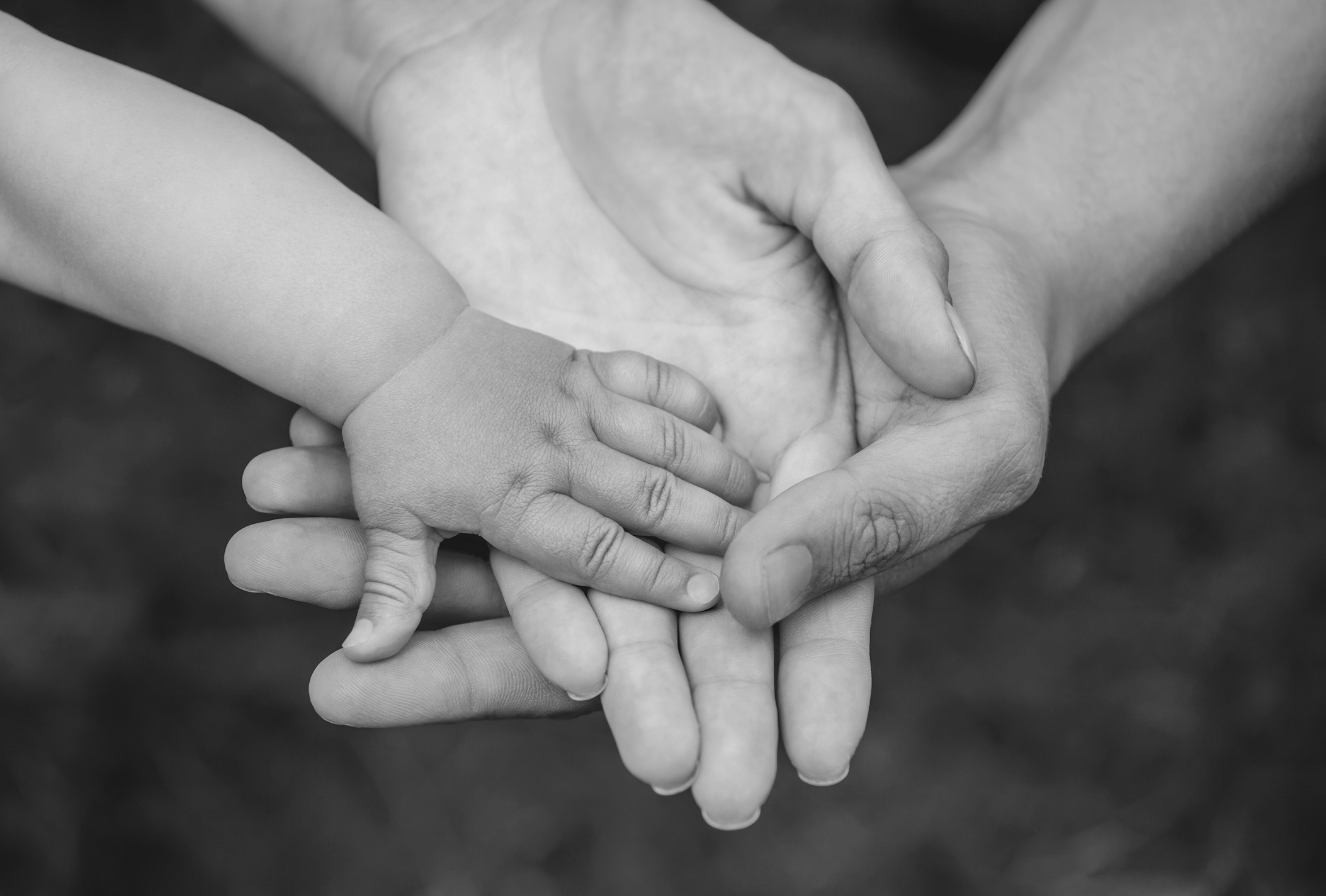Role Models on and off the Field: Navigating Ethical Challenges in U.S. College Athletics

Sports are not only deeply valued by consumers but also serve as a major financial pillar for educational institutions across the United States. However, this profitable sector faces challenges, especially in college athletics, where recurrent scandals involving coaches and student athletes raise questions about their impact as role models. These issues highlight the urgent need to scrutinize the ethical landscape of collegiate sports.
Influential Role Models: The Ramifications of Ethical Issues in Sports on Consumer Responses
Albert Bandura’s Social Learning Theory asserts that people learn by observing and imitating admired role models, who shape behavior through signaling. When a role model in sports, such as a coach or student athlete, deviates from ethical or societal norms, repercussions can manifest at the individual, institutional, and societal levels. This raises the question: How do consumers respond when role models, whether coaches or student athletes, are implicated in misconduct?
The phenomenon is particularly evident in U.S. college athletics, where coaches and student athletes are expected to embody high ethical standards. Their misconduct not only impacts fans and peers but also reflects poorly on their institutions.
Coaches, as university representatives with substantial influence, are held to higher ethical standards than student athletes, who are often seen as less accountable due to their youth and lesser authority. This disparity in accountability highlights the complex dynamics of role models in sports and the critical importance of ethical conduct. Consumers, holding individuals accountable for their actions, are likely to view coaches as more blameworthy, expecting a higher standard of ethical conduct compared to student athletes.
Exploring the Impact of College Athletic Misbehavior
To better understand the downstream consequences of college athletic misbehavior, my coauthors—Sarah Lefebvre, PhD and Ganga S. Urumutta Hewage, PhD—and I conducted a series of studies recently published in the Journal of Retailing and Consumer Services. In this work, we explored consumer attendance intentions based on the role of the violator.
First, we interviewed participants recruited through a snowball sampling approach to explore attitudes about misbehavior in college athletics. Participants emphasized the high moral character expected from college football student athletes and coaches, emphasizing qualities like “integrity,” “good morals,” “honesty,” and “respect.” They viewed these individuals as significant role models and leaders in society. There was a consensus that coaches and student athletes should be held to the same, if not higher, ethical standards as others. Some participants acknowledged a distinction in ethical expectations, advocating for coaches to be held to higher standards due to their representation of the academic institution, while allowing some “leeway” for student athletes based on their diverse socio-economic backgrounds as college students.
Next, we conducted a series of studies with CloudResearch’s MTurk Toolkit and Connect platforms (totaling 1,057 participants). The Connect platform stood out for its commitment to elevating data quality through improved measures, facilitating swift data collection, and offering researchers the advantage of low fees.
In these studies, participants reviewed a fictional newspaper article recounting a misbehavior, implicating either a coach or a student athlete. Following the article review, participants rated their likelihood of attending an athletic event at the given college.
We measured whether the violator role (coach vs. student) impacted participants’ evaluation of the college, and consequently negatively impacted attendance intentions. In addition, we also varied whether the team in question had a winning or losing record (Study 2) and measured participants’ perceptions of the fairness of the violator’s punishment (Study 4).
What We Found
- Participants showed lower game attendance intentions when a coach engaged in misconduct compared to a student athlete.
- Despite both being legal adults, participants applied different ethical standards to coaches and student athletes, influencing judgments of the associated institution based on the misconduct.
- The evaluation of the academic institution served as the underlying factor for these effects.
- The impact remained consistent regardless of the current performance of the respective team.
- The findings were observed across various academic institutions, sports, and types of misconduct.
Implications
Our research indicates that the influence of role models extends beyond the sports field, with implications for marketers and advertisers aiming to understand factors that shape consumer behavior in sports. Decreased event attendance directly impacts ticket sales, pivotal for event revenue, emphasizing the importance of fostering attendance and loyalty. This holds particular significance for lower-division athletic conferences, where institutions lack established fan bases, making it crucial for marketers to mitigate consumer alienation caused by misconduct. Institutions should proactively prevent misconduct, addressing coach behavior through codes of conduct, training programs, and swift disciplinary actions when necessary.
References
Bandura, A., & Walters, R. H. (1977). Social learning theory (Vol. 1). Prentice Hall: Englewood cliffs.
Connolly, G. J. (2017). Applying social cognitive theory in coaching athletes: The power of positive role models. Strategies, 30(3), 23-29.
Sims, R. R., & Brinkman, J. (2002). Leaders as moral role models: The case of John Gutfreund at Salomon Brothers. Journal of business ethics, 35, 327-339.
Treviño, L. K., Hartman, L. P., & Brown, M. (2000). Moral person and moral manager: How executives develop a reputation for ethical leadership. California management review, 42(4), 128-142.
Troester, R., Johns, L., 2012. The Michael Phelps saga: from successful Olympian, to pot smoker caught on camera, to renewed role model and brand. Repair. Athl. Image: Stud. Sports Image Restor. 71.
Vassilikopoulou, A., Chatzipanagiotou, K., Siomkos, G., & Triantafillidou, A. (2011). The role of consumer ethical beliefs in product‐harm crises. Journal of Consumer Behaviour, 10(5), 279-289.
Yoon, S.W., Shin, S., 2017. The role of negative publicity in consumer evaluations of sports stars and their sponsors. Journal of Consumer Behavior, 16 (4), 332–342.
Yukhymenko-Lescroart, M. A., Brown, M. E., & Paskus, T. S. (2015). The relationship between ethical and abusive coaching behaviors and student-athlete well-being. Sport, Exercise, and Performance Psychology, 4(1), 36.

